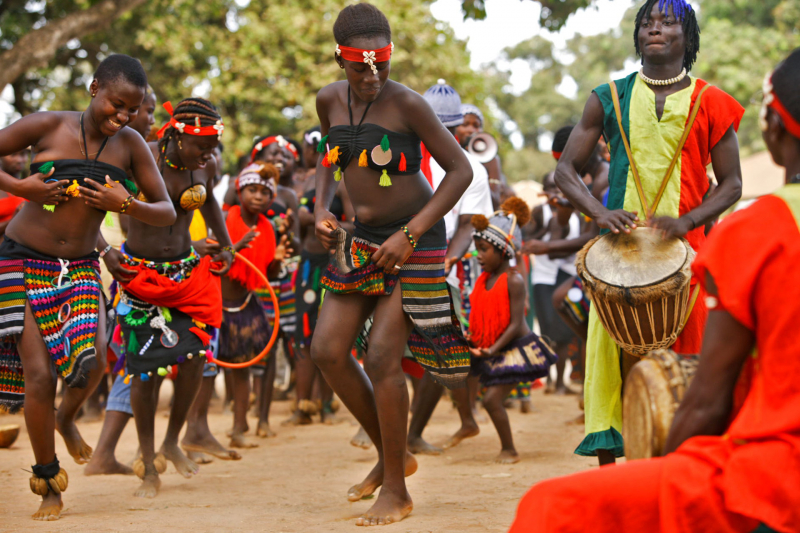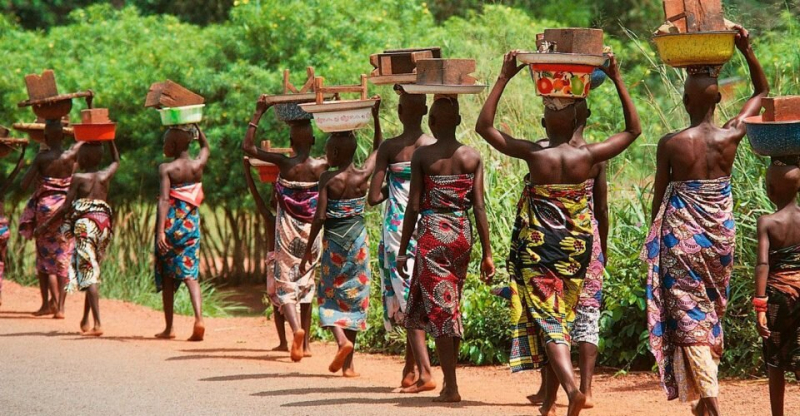Indigenous culture

The history of Guinea-Bissau is characterized by several years of colonization by Western nations. The country was dominated by the Portuguese in the 16th century, and it didn't become independent until the 20th, which explains the strong impacts on the language and culture still present now. Nevertheless, Guineans were able to hold onto their nationality and historical origins, which can be heard in their art and music.
Guineans come from a variety of ethnic backgrounds, which contributes to the country's vibrant culture. Despite the fact that the population is made up of various tribes with unique social structures, dialects, and customs, Guineans are often quite tolerant of this diversity. The Fula, Mandinka, Balanta, Papel, Manjaco, and Mancanha are some of the more notable groups and are found in various geographical areas. The remaining population is primarily of mixed African and Portuguese ancestry. A minority of Cape Verdeans also exists.
Guinea-Bissau has a vibrant music culture. The tradition is related to Gumbe polyrhythmic genres. The most prevalent instrument is the calabash, which frequently goes along with rhythmically challenging dances. Along with folk and ceremonial music that is utilized in numerous rites and initiations, the Gumbe genre is not the only one that is well-liked. Tinga and Tina are also very well-liked. In addition to these distinctive sounds, the Bijagós Islands also feature Kussunde, Balanta Brosca, Kundere, and Mandinga djambadon.









